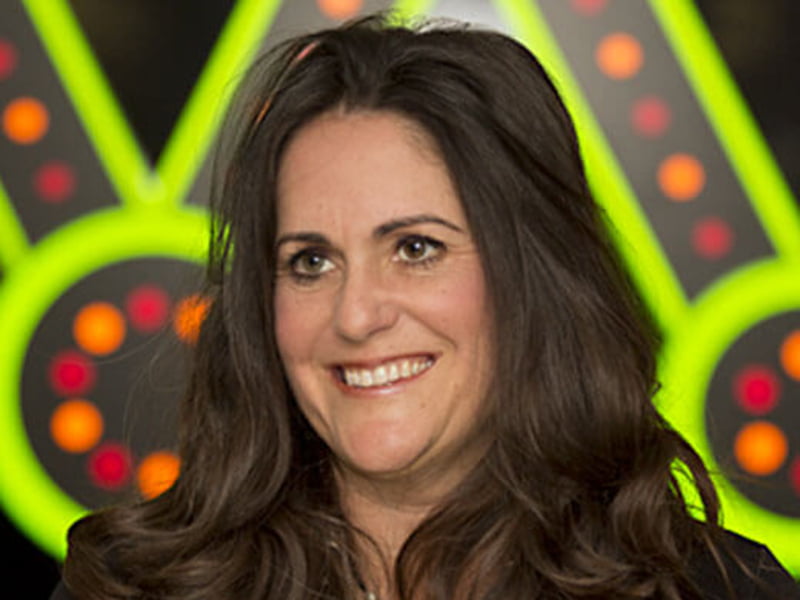Telstra’s startup accelerator Muru-D has welcomed more than 100 startup companies through its program since it started five years ago, and the telco continues to ramp-up its capacity to turn-out new tech-enabled ventures.
When Telstra made the decision to build an accelerator, it poured resources into the project, giving its first cohort a home within some unused pace in an old exchange building in Sydney’s inner-city Paddington.
The program is now operating in five locations – Sydney, Melbourne and Singapore, with partner programs in Brisbane and Perth – and represents a key plank in the giant telco’s tech investment and innovation strategy.

It’s a land-grab and Telstra is moving fast, building capacity and understanding across geographies and across industry sectors. One thing the company is not doing is waiting for a perfect set of government policies.
Julie Trell took the reins as Head of Muru-D a year ago from a career in California, and brings with her Silicon Valley sensibilities. Her focus is the startups and the ecosystem.
Even though government is not a particular priority, it has not prevented Muru-D from accepting another 10 startups into its SYD5 program as part of the next cohort, where each will receive $75,000 in seed capital investment.
Muru-D does not take equity in the startups it invests in until a startup’s next raising round. When it does happen, Ms Trell said it can be anywhere between 2 to 7 per cent of the company’s valuation.
Over the course of the six-month program, the startups are given access to the co-working space; a network of mentors, investors and partners; and an international trip to visit a startup ecosystem.
Ms Trell says the international trips are an opportunity for the local startups to learn how to leverage local skills, instead of sourcing talent internationally, which has become a challenge for many since the tightening of 457 visas came into effect last April.
“Whenever these kinds of challenges are created, that’s when innovation happens. One of the things we do at Muru-D is we take a trip to another startup ecosystem – for example San Francisco to look at how Silicon Valley works – and to come back and help cultivate and grow that talent here,” she said.
“Though it’s not to say we’re going to create the next Silicon Valley; that’s not the goal. It’s about how do we keep up with the speed of all the innovation that is happening.
“I think with every challenge it becomes an opportunity. It forces us to think differently and work differently.”
Joining the latest Muru-D cohort of startups includes a startup using virtual reality to rehabilitate stroke victim, another is developing autonomous tree-planting robots, and one is investigating the future of airborne human mobility.
Muru-D has invested close to $4 million in local startups in the past five years.
Teltra’s venture capital arm Telstra Ventures is also active in Asia. In addition to operations in China and Singapore, it has co-investment partnership with the venture arm of Telkom, its Indonesia partner in the TelkomTelstra joint venture.
Telstra has also taken graduates from the Telkom accelerator in Jakarta and puts them through the Muru-D accelerator in Singapore.
“We have a program in Singapore, so we work to accelerate founders and startups across Asia, which has been really successful,” Ms Trell said.
“The programs are really similar. They too go to San Francisco, and are focused on solving some of the global and social challenges.”
Do you know more? Contact James Riley via Email.

